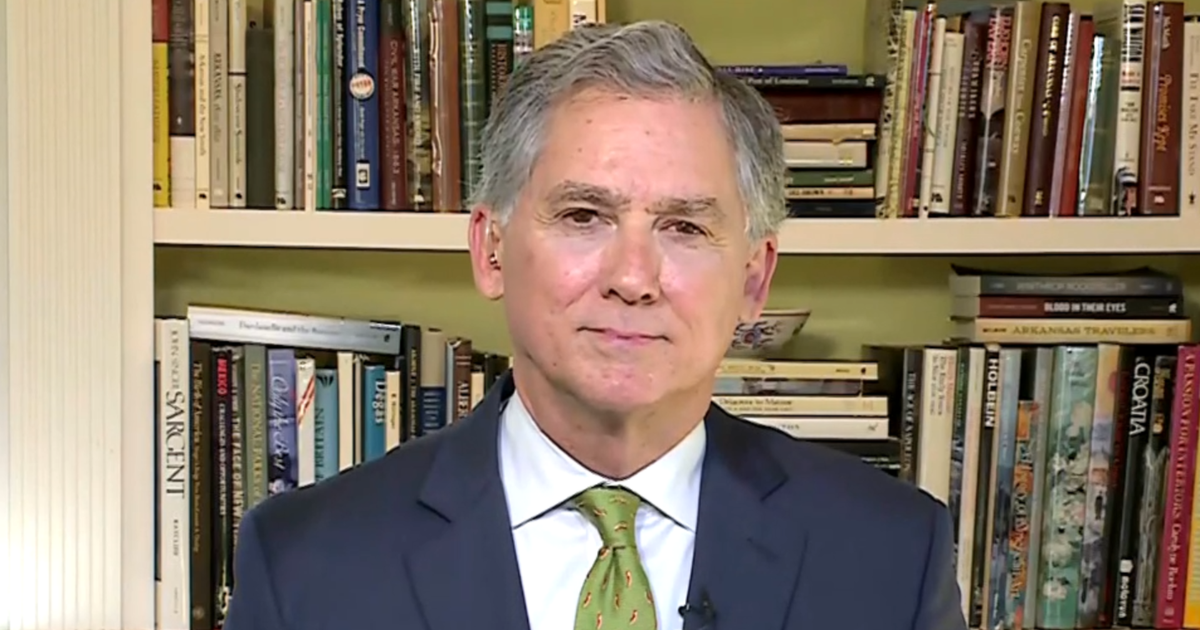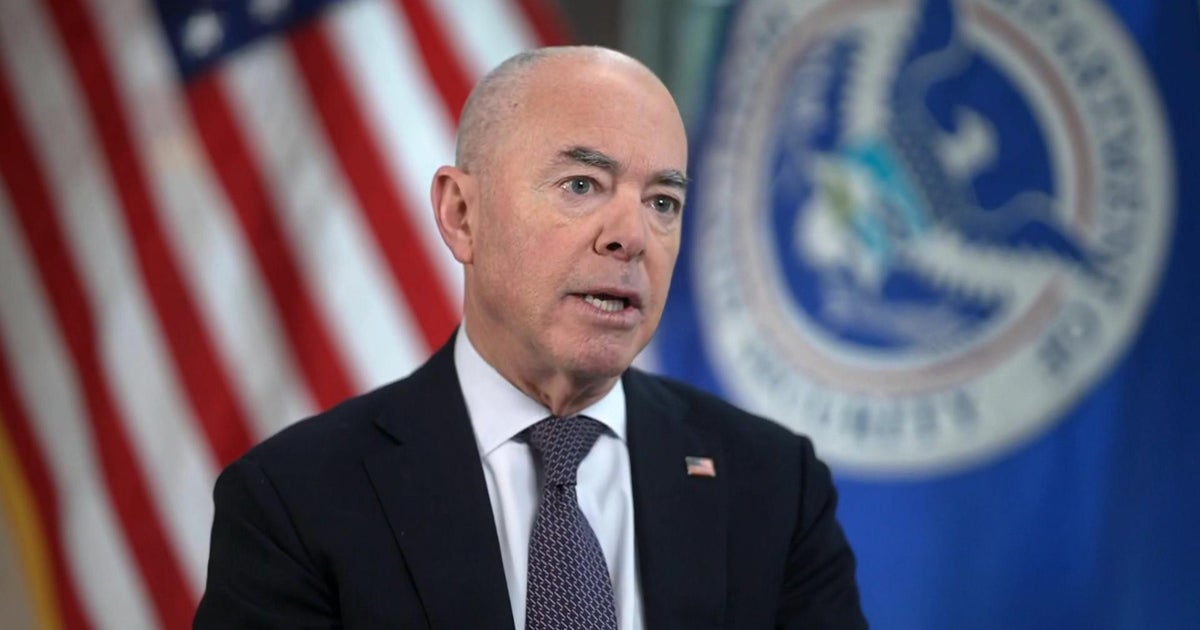CBS News Nation Tracker: 2 in 3 say candidate must share their views on gun policy
By Jennifer De Pinto, Fred Backus, Kabir Khanna and Anthony Salvanto
Two in three Americans say gun policy is something a candidate must agree with them on in order to get their vote, a new CBS News Nation Tracker poll conducted by YouGov shows. This is true of Americans on both sides of the gun issue.
Democrats are as likely as Republicans to say they must agree with a candidate on guns in order to support them. In total, 66 percent of respondents say a candidate must agree with them on gun control policy to have their vote, while 34 percent say a candidate can disagree and still have their vote.
Among Republicans, 68 percent say a candidate must share their position on gun control to get their vote, while 32 percent say the candidate can disagree. Among Democrats, 68 percent say the candidate must agree with them on gun control to have their vote and 32 percent say the candidate can disagree. Among independents, 65 percent say the candidate must agree with them to have their vote, while 35 percent say the candidate can disagree and still have their vote.
- CBS Nation Tracker poll: More support than oppose young people speaking out about guns
- Crowds across U.S. decry guns
Democrats have a six-point advantage when it comes to who Americans want to have control of Congress; 38 percent want the Democrats in control, while 32 percent want the Republicans. Another 30 percent say it doesn't matter to them either way. This advantage shrinks to just three points among those who say they are very likely to vote.
Who would you like to win control of Congress in 2018?
Total Very likely to vote
Democrats 38% 48%
Republicans 32% 45%
It doesn't matter 30 % 7%
In a separate question, voters were given a choice of different types of candidates they'd prefer to vote for. For those favoring a Republican, more wanted someone in line with President Trump rather than a Republican more independent of him. Among those picking a Democrat, slightly more prefer a progressive or liberal over a moderate.
If these were choices in 2018 congressional elections (among those very or somewhat likely to vote)
A Republican more in line with Trump 33%
A Republican more independent from Trump 12%
A progressive or liberal Democrat 26%
A moderate Democrat 19%
A third-party candidate 4%
Wouldn't vote 6%
Seven in 10 Americans say Mr. Trump is a factor in their vote decision in November. Most Democrats say their vote will be in opposition to the president, while most Republicans say theirs will be to express support. Independents are less likely to say their vote will be about Mr. Trump, but more say it will be in support of him, than in opposition.
Trump factor in 2018 vote (among those very or somewhat likely to vote)
Total Reps Dems Inds
To support him 35% 73% 5% 36%
To oppose him 34% 6% 66% 29%
Not about him 31% 21% 29% 35%
Recent Democratic gains in some special elections in the past few months seem to have energized many who are likely to vote, on both sides. Eight in 10 Democrats at least somewhat likely to vote say they are motivated to help their own party. Nearly two-thirds of Republican voters are motivated to try to stop the Democrats.
Democratic gains in recent special elections make me (among those very or somewhat likely to vote)
Total Reps Dems Inds
Motivated to help Democrats 38% 4% 83% 25%
Motivated to oppose Democrats 29% 64% 3% 29%
Neither 33% 32% 14% 46%
Many Democrats say they're planning to be active in politics this year -- organizing, demonstrating, or donating time to candidates. But they will still need to close the participation gap at the polls. While Republicans aren't planning to be as active in day to day politics, they do report being more regular and habitual voters.
The CBS News survey is conducted by YouGov using a nationally representative sample of 2,206 U.S. residents interviewed online between March 19-21, 2018. The final sample included over-samples of 854 parents, as well as 433 adults aged 18-24, and 466 adults aged 25-29. This sample was weighted according to gender, age, race, education, and children under 18 at home based on the American Community Survey, conducted by the U.S. Bureau of the Census, as well as 2012 and 2016 presidential vote. Respondents were selected from YouGov's opt-in panel to be representative of all U.S residents. The margin of error is 3.2 percent.




